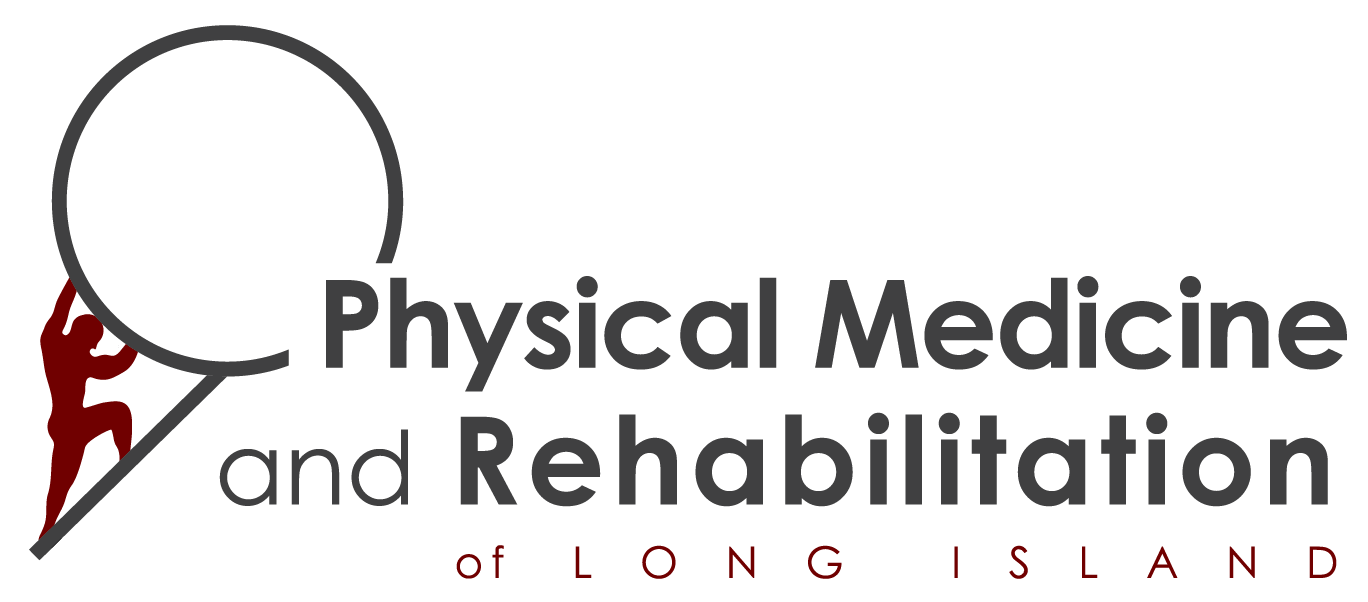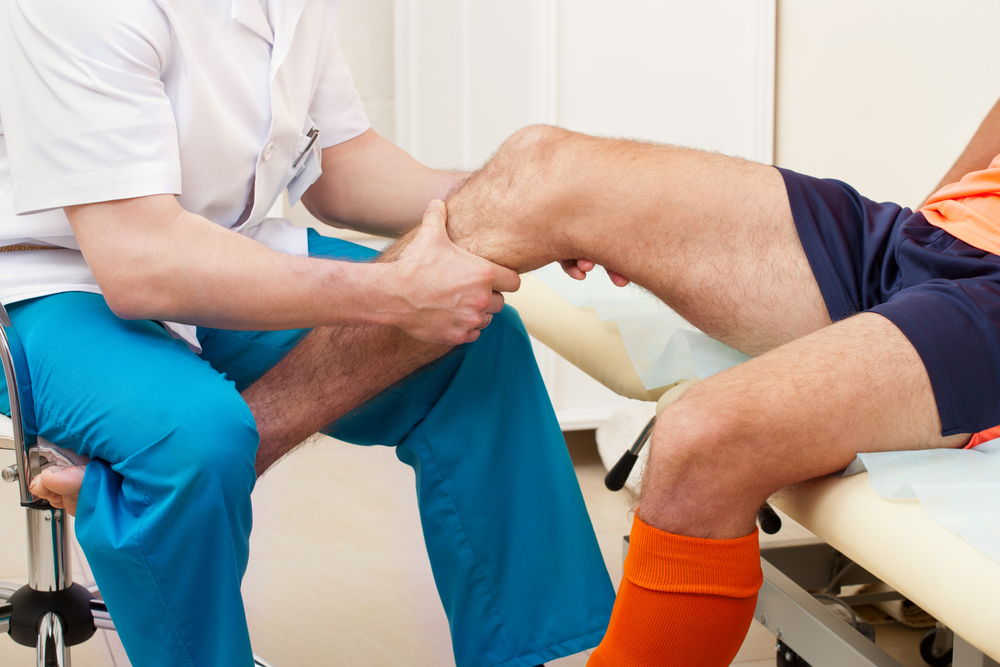
Diagnosing Cervical Spondylosis
If you or someone you know believes they have cervical spondylosis and is seeking a proper diagnosis through EMG testing on Long Island, Physical Medicine and Rehabilitation of Long Island is here to assist. Contact us today to learn more!
Cervical Spondylosis is a term used to define the general wear and tear that occurs to the disks in your spine and neck as you age. This is a very common disorder seen in almost 85% of Americans that are over the age of 60. Anyone around this age needs to be aware of this disorder and the potential warning signs. If it goes untreated the nerves in your spine can become compressed and the damage can be permanent. Signs that you may be experiencing severe cervical spondylosis would be numbness in your limbs, loss of bladder or bowel control, and issues with coordination and balance. Our team at Physical Medicine and Rehabilitation of Long Island can properly diagnose any issues you may be experiencing with your nerves or spine through EMG testing on Long Island and design a plan for treatment to help you start feeling better.
Causes of Cervical Spondylosis
- Dehydrated Disks – As you get older the disks in your spine begin to dry and shrink which allows for more contact between vertebrae.
- Herniated Disk – When a disk breaks or fractures and a piece of it enters the spinal canal, it can press on the spinal cord or nerve roots.
- Bone Spurs – When disks start to degenerate the body’s response can be trying to rebuild bone around the spine in an attempt to strengthen this area. These bone spurs can cause pinched nerves.
- Stiff Ligaments – Ligaments in your spine and neck can tighten, making your neck less flexible.
Diagnosing Cervical Spondylosis
If you are going to see a doctor in regards to cervical spondylosis, here are some things you can expect to experience:
- Checking the range of motion in your neck.
- Testing the strength in your muscles and your reflexes to see if there are any issues with your spinal cord.
- Monitoring your walking to see if the spinal compression is affecting your gait.
Nerve Function Test
- Electromyography (EMG) Test – This test can measure how your body is sending and receiving electrical signals to your muscles. PMRofLI offers EMG testing on Long Island, please visit our website for more information.
- Nerve Conduction Study – An electrode is placed on your skin over a nerve and it is tested to see the speed of signals it sends to your muscles and if the nerve is functioning properly.
Imaging Tests
- X-Ray – An x-ray of your neck may be used to see if there are any issues, such as bone spurs, which can cause cervical spondylosis. Also, it helps eliminate the existence of any other potential issues that could be more serious.
- CT Scan – Useful for more detailed imaging of bones.
- MRI – This helps to identify if a nerve is pinched.
- Myelography – Uses a colored dye to get more detailed imaging than CT scans or MRI.
Treatments
Treatment for Cervical Spondylosis will vary depending on the severity of your situation. The objective of treatment is to manage pain and get the patient back to their everyday life while trying to also prevent the injury from worsening. Examples of treatments can include a few of the following:
- Non-steroidal Anti-inflammatory drugs – You may need a prescribed drug to alleviate pain and swelling in the affected area.
- Corticosteroids – This can help with easing severe pains from cervical spondylosis.
- Muscle Relaxers – These can help relieve any random back or neck spasms you may experience.
- Anti-Seizure Medications – These can help with alleviating nerve pain.
- AntiDepressants – Certain medications have been found to help relieve pain and discomfort.
Are you in need of EMG Testing on Long Island?
Physical Medicine and Rehabilitation of Long Island can help you with all your spine and nerve-related ailments. We were voted one of the best management physicians on Long Island, so you can trust us to help diagnose and properly treat your conditions. We offer an array of services to our patients and are committed to helping find the right treatments for you! If you or a loved one needs EMG testing on Long Island, we can help! Call us today at (631) 300-0797 or make an appointment online!
Leave a reply →
